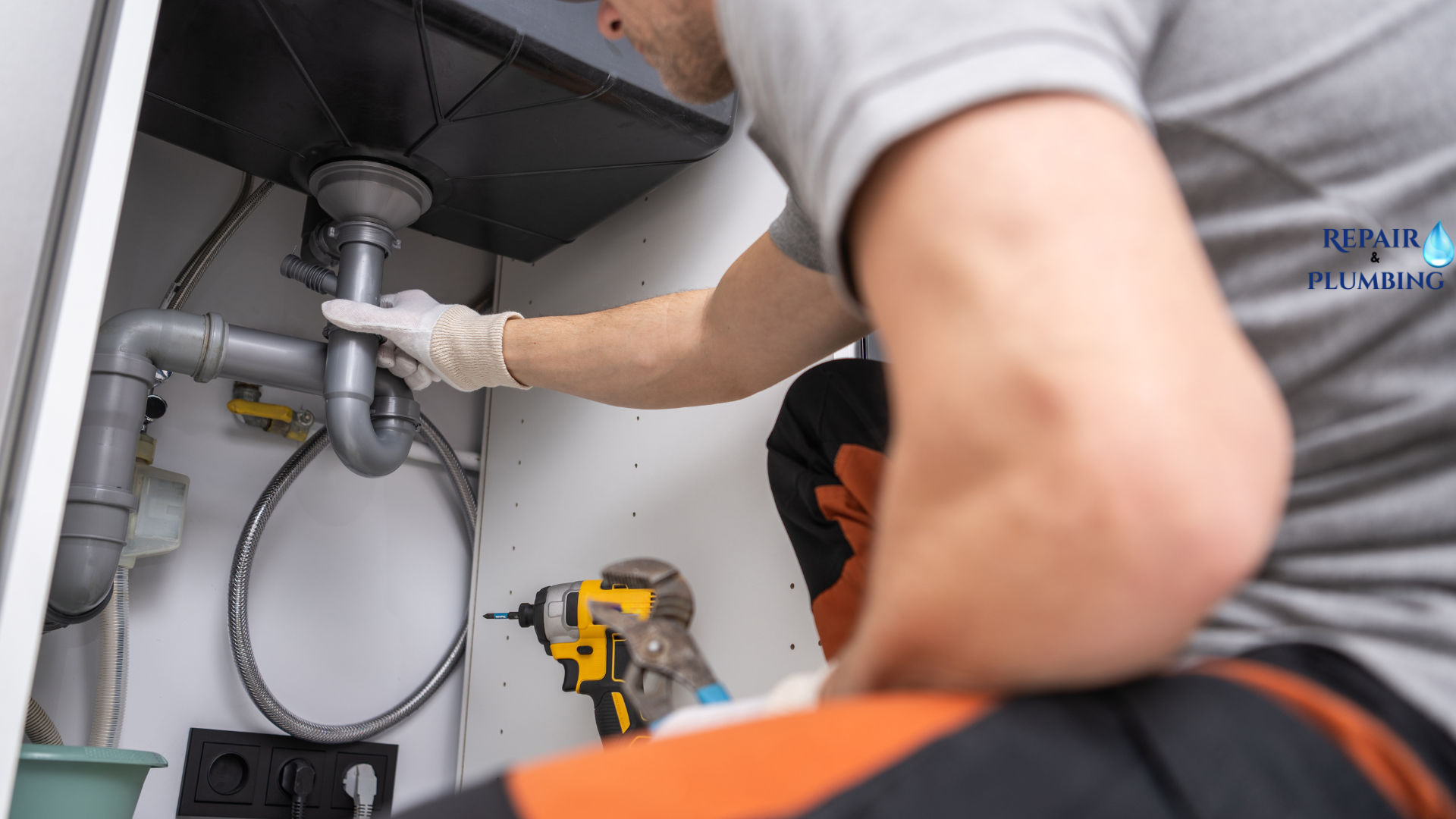FAQs about Frozen Pipe Thawing in San Jose CA
What causes pipes to freeze in winter?
Pipes typically freeze when the temperature drops significantly, especially when they're located in unheated areas like basements, attics, or exterior walls. Insulation issues can also lead to freezing as it enables cold air to reach the pipes. Additionally, a lack of flowing water and high wind chill factors can cause vulnerable pipes to freeze.
How can I identify if my pipes are frozen?
Signs of frozen pipes include a lack of water flow when you turn on the faucet, visible frost on the pipes, and unusual odor or gurgling noises coming from the plumbing system. You may also notice indicators of leaks or damage due to pressure buildup within the frozen section of the plumbing.
What should I do if my pipes freeze?
If your pipes freeze, avoid running hot water directly as this may cause a burst. Instead, locate the frozen area, typically found near exterior walls, and gently apply heat using a hair dryer or space heater. You may also leave faucets dripping to relieve pressure. If you’re unable to thaw them safely, contact Plumbing And Repair Pro for prompt assistance.
Can I thaw frozen pipes myself?
While some homeowners may attempt to thaw frozen pipes themselves using heat sources, it's crucial to be cautious. Using an open flame is hazardous and can damage pipes or cause a fire. If you’re unsure or uncomfortable doing it yourself, it’s best to call a professional plumber to safely thaw the pipes.
How can I prevent my pipes from freezing in the future?
To prevent future freezing, insulate exposed pipes, especially in the attic, basement, and crawl spaces. Maintain a consistent indoor temperature during cold weather, particularly at night. Additionally, let faucets drip during extreme cold to keep water flowing. Consulting a plumber for proper insulation advice and pipe placement can also help.

